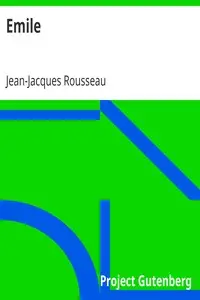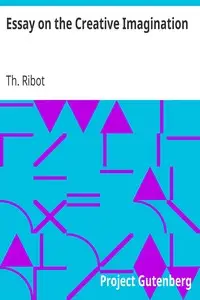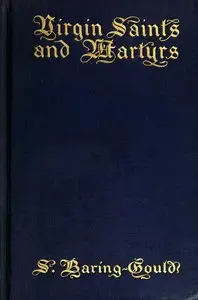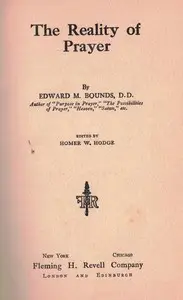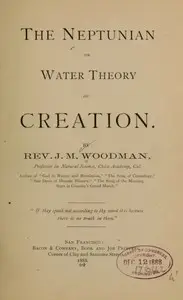"A Discourse Upon the Origin and the Foundation of the Inequality Among Mankind" by J. J. Rousseau is a philosophical treatise written during the 18th century. The work explores the concepts of natural and moral inequality among humans, questioning the roots of societal disparities and the implications of civilization on human nature. Rousseau engages with the fundamental question of whether such inequalities are justified by the laws of nature or if they stem from human conventions. At the start of the discourse, Rousseau introduces the topic by contrasting two forms of inequality: natural inequality, which is established by nature and relates to personal attributes such as age, health, and strength; and moral or political inequality, which arises from social conventions and results in varied privileges among people. He reflects on humanity’s evolution from a state of nature—where humans lived independently and with few needs—to a complex society marked by dependency, competition, and strife. In this opening portion, Rousseau sets a thought-provoking tone, prompting readers to reconsider their understanding of social structures and the often-unquestioned norms that govern their lives. (This is an automatically generated summary.)
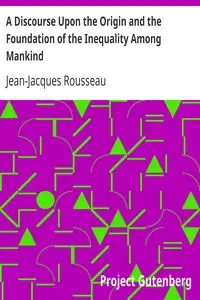
A Discourse Upon the Origin and the Foundation of the Inequality Among Mankind
By Jean-Jacques Rousseau
"A Discourse Upon the Origin and the Foundation of the Inequality Among Mankind" by J. J. Rousseau is a philosophical treatise written during the 18th...
Genres
Released
2004-02-01
Formats
epub3 (images)
mobi
epub
epub (images)
mobi (images)
Free Download
Overview
About the Author
Jean-Jacques Rousseau was a Genevan philosopher (philosophe), writer, and composer. His political philosophy influenced the progress of the Age of Enlightenment throughout Europe, as well as aspects of the French Revolution and the development of modern political, economic, and educational thought.
Total Reviews
10.0k
Total reviews from Goodreads may change

